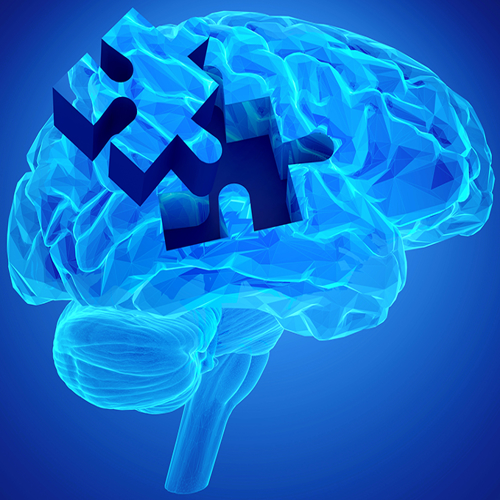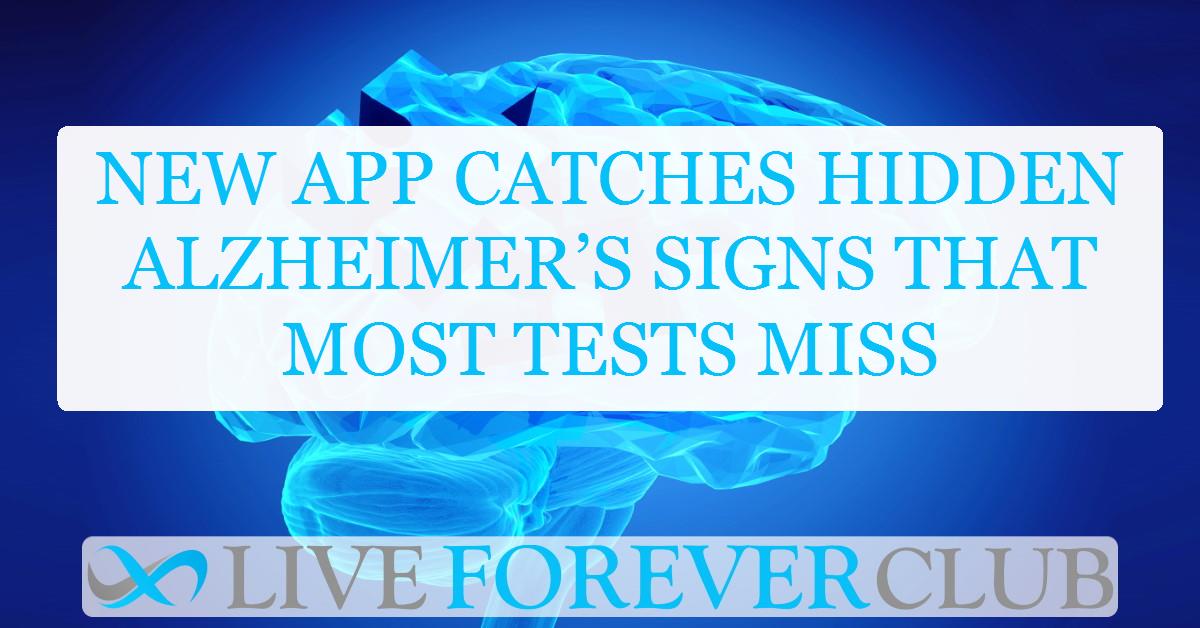Key points from article :
New research from the RADAR-AD consortium, published in Nature Digital Medicine, shows the potential of using an augmented reality (AR) app by Altoida to detect Alzheimer’s disease (AD) early. The app, developed by digital biomarker company Altoida, can distinguish between healthy individuals and those with preclinical or prodromal AD. It performs well both in clinical settings and in-home use, providing a level of precision beyond traditional cognitive tests.
The app operates through a series of motor and AR tasks designed to simulate daily activities and measure subtle cognitive changes. For motor tasks, participants perform brief exercises to evaluate reaction times, fine motor skills, and visual abilities, comparing results against personal reference values. One AR task, a "place-and-find" activity, requires users to hide and retrieve virtual objects based on specific instructions, assessing instrumental activities of daily living (IADL). These tasks allow the app to identify subtle changes that might indicate early AD symptoms.
This study involved amyloid-beta-negative healthy controls, cognitively normal preclinical AD participants, and those with prodromal AD. The participants completed the AR tasks weekly for up to eight weeks. The app’s effectiveness in distinguishing AD participants from healthy controls shows its promise as a valuable tool for early AD detection, crucial as new treatments emerge.






